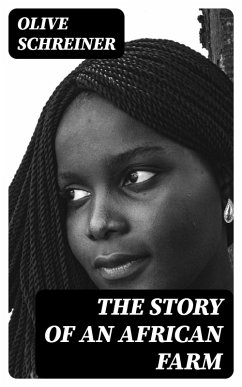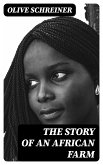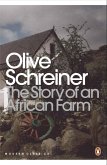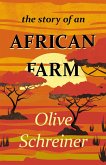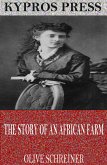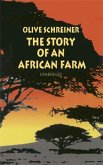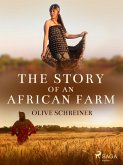In "The Story of an African Farm," Olive Schreiner delivers a poignant exploration of life in late 19th-century South Africa, blending intricate character development with a rich tapestry of natural imagery. The novel, known for its lyrical prose and philosophical depth, unveils the struggles of personal identity and gender roles through the experiences of its protagonists, particularly the spirited Lyndall. Set against the backdrop of the South African landscape, Schreiner's narrative illustrates the intersection of colonialism, modernity, and the innate desire for freedom, propelling her work to the forefront of pre-modern women's literature. Olive Schreiner, a vocal advocate for social reform, infused her writing with her experiences in a male-dominated society. Born in 1855 in a Boer family, Schreiner's exposure to South African colonial life and her subsequent travels and encounters with European intellectuals shaped her critical views on gender and class. Her commitment to social justice and her feminist standpoint are echoed throughout the book, presenting a narrative that challenges the traditional expectations of her time. This groundbreaking novel is a must-read for those interested in feminist literature, post-colonial studies, and narratives that delve into the complexity of human relationships. Schreiner's adept use of symbolism and keen insight into the human experience make this work not only a captivating story but also a significant contribution to literary discourse.
Dieser Download kann aus rechtlichen Gründen nur mit Rechnungsadresse in A, B, BG, CY, CZ, D, DK, EW, E, FIN, F, GR, H, IRL, I, LT, L, LR, M, NL, PL, P, R, S, SLO, SK ausgeliefert werden.
Hinweis: Dieser Artikel kann nur an eine deutsche Lieferadresse ausgeliefert werden.

